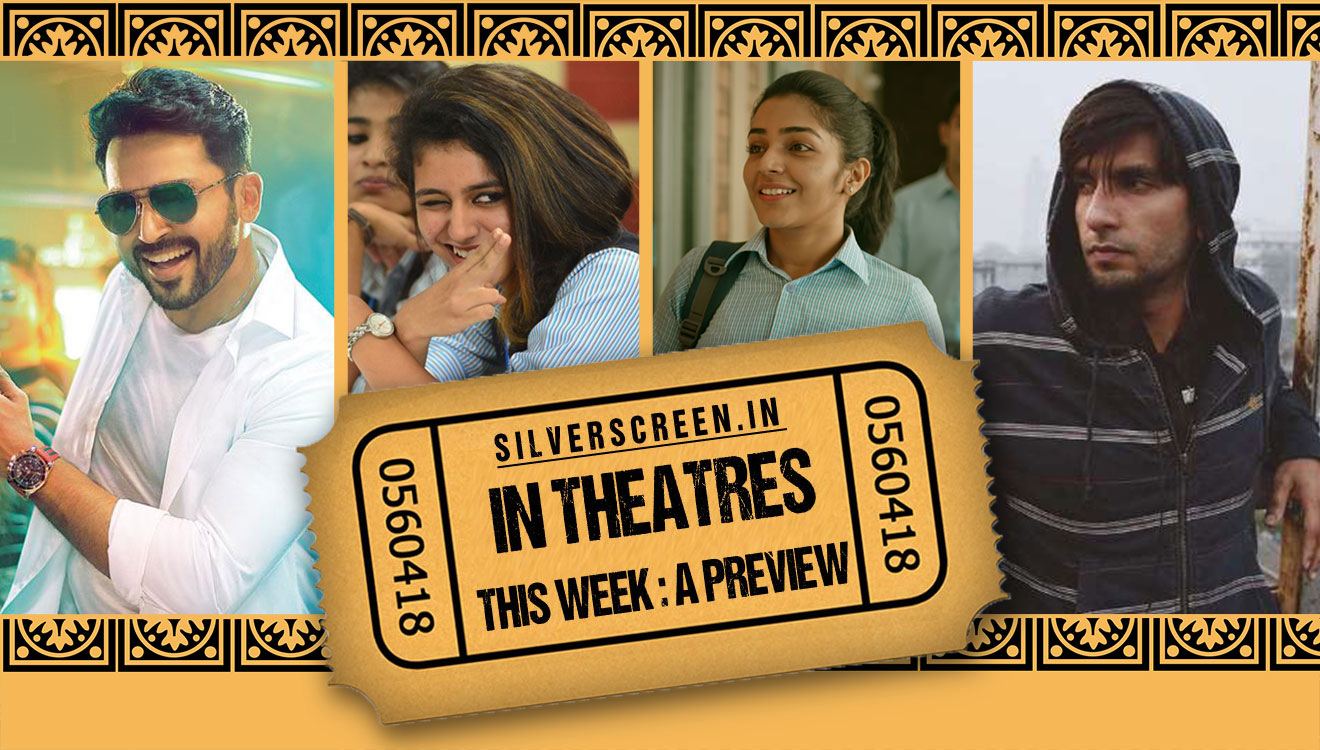Spoiler Alert
In Midhun Manuel Thomas’ films, radical ideas are teasers. In Annmariya Kalippilaanu (2016), a comedy centered on a little girl, a lady doctor decides to end her marriage with an ever-unavailable and irresponsible man. The couple, who seems to have no love left for each other, sits down at a lawyer’s table and calmly agrees for a divorce. And in the climactic end, out of the blue, they are put pack in the same bad marriage, adhering to the value system of the conservative middle-class audience. In Om Shanthi Oshaana, where Midhun was the screenwriter, the plot is centered on a tomboy who, in the second half of the film, remodels herself into a coy damsel for the sake of a macho man she is in love with.
In Argentina Fans Kattoorkkadavu, his latest directorial, the object of desire is a young woman, Meher (Aishwarya Lekshmi), a firebrand all-rounder who fears nothing and no one. She is the sole woman member of the village’s football fans’ associations, and is an active member of a leftist political party. She is a top-scorer in university examinations, writes poetry, can sing and dance, and has the looks of a goddess. She rejects a romantic proposal from her childhood friend, Vipinan (Kalidas) because it’s not ‘practical’. The film follows the guy’s journey from a naive heartbroken teenager to an accomplished underwater diver in the middle-east seas who works hard to lift his family in Kerala from poverty. The girl, in spite of all the noise that she makes, is treated like a ‘prize’ that he desperately wants to ‘win’. She smiles coyly and tells him (sic), “Please take me to your house!” while her father states proudly to the family of her fiance that he always ‘gave her the freedom’ to participate in campus politics and social works.
The gender politics isn’t the worst thing about Argentina Fans Kattoorkkadavu. It’s a lazily written film built on a pile of cliche-ridden situations. It hardly goes beyond the surface to explore the characters, the romance at its heart, or the village’s love for the game of football that it advertises on its title.
In all fairness, the film opens to a promising, albeit brief, scene. A middle-aged man runs to a local church at midnight with a photograph of the slain Columbian footballer Andrés Escobar, and requests the priest to hold a requiem for the man. In spite of all the hints of humour that the scene spills, the mourning looks sincere. The cinematography and background score sensitively express his state of mind.
However, from that point, the film takes a steep dive into a juvenile terrain that focuses on the dramatics of the village’s football fans. This trope exhausts itself soon, and the film starts to grope in absolute dark without a real story to narrate. In the second half of the film, two wedding songs, crammed with archaic stereotypes, fall into the narrative, doing further damage.
You see the difference in a movie like Rakshadhikari Baiju which uses a public playground as the context to talk about a village’s community life. Writer-director Ranjan Pramod employs a generous pinch of nostalgic elements, to draw an emotional connection to the playground, the loss of which at the end of the film has a profound effect on the characters and the audience alike. Here, Midhun uses football as a lazy device to create a festive din to lure in a summer vacation crowd. You see the characters dressed up in jerseys of their favourite football team, fighting in public over who gets to erect a flex board at the prime spot of the village square, and watching World Cup matches on a public television. But beyond the superficial dramatics, the game of football has no real impact on their lives.
The characters seem to face no great social or emotional conflict, and whenever one of them shows the slightest signs of an emotional turmoil, the film cuts to another loud comic instance. When Meher quits her home club and joins Vipinan’s Argentina Fans Association out of the blue, or Vipinan has to leave his beloved village to work in a dry foreign country, the film doesn’t stop and look into their inner turmoil. Close to the climax, when the young man comes to the verge of losing two of his biggest dreams, the film turns its attention to the installation of a gigantic cut-out of Lionel Messi at the square and various parties’ reaction to it. All kinds of gravitas and instances of grey shades are edited out, and what remains is a mindless entertainer that leaves nothing memorable.
Recommended
What saves the film from being utterly unwatchable is its talented young cast who bring to the screen a touching camaraderie, even in passing shots of watching a match on television or just arguing among themselves. Aishwarya Lekshmi plays her poorly-written character in a decent fashion, although she wears an ‘I accidentally ate some hot pepper’ expression for the most part of the film. The only person who should benefit from this passable film is Kalidas who has, evidently, grown as a performer. His Malayalam diction is no longer cringe-worthy, and he looks perfectly at ease in front of the camera.
*****
The Argentina Fans Kattoorkkadavu review is a Silverscreen original article. It was not paid for or commissioned by anyone associated with the movie. Silverscreen.in and its writers do not have any commercial relationship with movies that are reviewed on the site.



